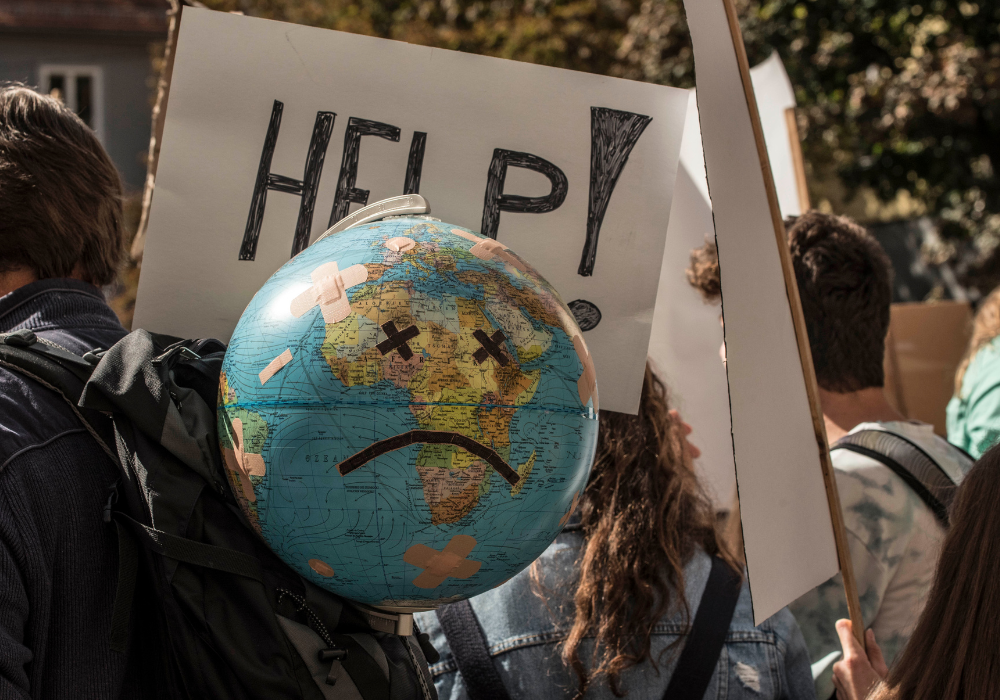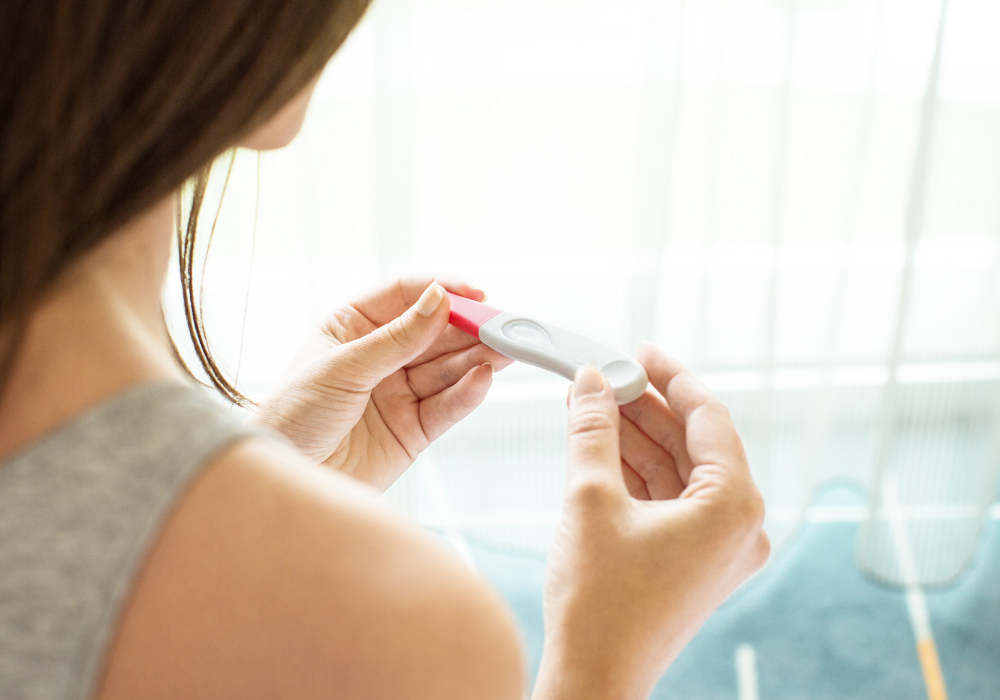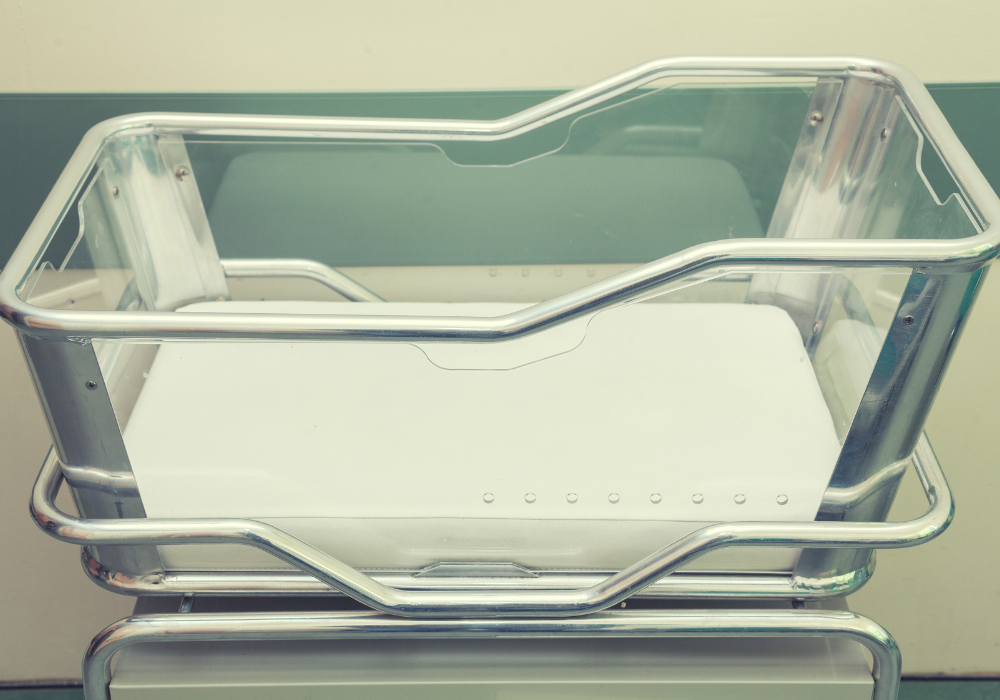The choice not to have kids isn’t just personal—it’s a cultural earthquake.

Think it’s just a trend that young people aren’t having kids? It’s way bigger than that—it’s a full-blown generational shift that could upend everything from the economy to elder care. Gen Z and Millennials are saying “no thanks” to the traditional life script, and it’s not just about money (though that’s a huge piece of the puzzle). They’re rethinking what it means to build a meaningful life—and kids aren’t always part of that picture.
This isn’t some passing phase. Birth rates are plummeting, and the ripple effects are going to hit hard in ways most people haven’t even considered. If you think this only impacts parents, think again. A world with fewer babies affects all of us—sooner than you might expect.
1. The cost of raising a child today is enough to make anyone panic.

Diapers, daycare, healthcare, housing—it adds up fast, and most young adults are doing the math and realizing they simply can’t afford a kid. When your rent eats up half your paycheck and student loans are still draining your bank account, the idea of adding thousands of dollars a year for a tiny human feels overwhelming.
It’s not that Millennials and Gen Z don’t want to be parents—they just can’t imagine how to make it work without going broke. Financial stability feels further away than ever, and kids, as adorable as they are, come with a huge price tag.
2. Careers and creative goals are taking priority over parenting.

Many young adults today grew up watching their parents sacrifice dreams for stability—and they’re not eager to follow suit. Instead of rushing into parenting, they’re focusing on passions, building businesses, exploring creative paths, or climbing the career ladder. That doesn’t mean they don’t value family—it just means they’re not ready to give up autonomy or momentum to start one.
They want to write books, travel the world, or launch something big before even thinking about diapers and school drop-offs. For them, purpose doesn’t automatically come in the form of parenthood—and that’s a major shift.
3. Climate anxiety is convincing people not to bring kids into this world.

The headlines aren’t exactly reassuring—record-breaking heat, natural disasters, and gloomy climate projections. It’s no wonder so many young people are asking, “Do I really want to bring a child into this mess?” Gen Z especially has grown up hearing that the planet is in trouble, and they take that seriously. For some, choosing not to have children is a form of activism or environmental responsibility.
For others, it’s sheer fear. The idea of raising kids in an unpredictable, possibly unlivable future feels more like cruelty than legacy. That’s not pessimism—it’s protection.
4. The traditional family model just doesn’t resonate anymore.

White picket fence, two kids, and a dog? That vision feels outdated to a lot of Millennials and Gen Zers. Many of them grew up in homes that didn’t look like that—or didn’t work like that—and they’re not interested in replicating it.
Family looks different now: close friends, chosen family, partnerships without kids, or even solo living by design. The nuclear family isn’t the gold standard anymore, and that’s freeing people to design lives that feel authentic to them. Having kids used to be the assumed next step. Now, it’s just one option on a much broader menu.
5. Reproductive healthcare access is getting harder to navigate.

It’s not just about birth control or abortion—it’s about feeling in control of your body and future. With laws tightening in many states and healthcare costs skyrocketing, the whole process of family planning has become more stressful. For those who do want kids someday, the risks, costs, and restrictions can feel overwhelming.
And for those who don’t, the fear of losing autonomy over their reproductive choices is real. This uncertainty pushes many to delay or abandon the idea of parenthood entirely. If your rights feel under threat, it’s no surprise you’d hesitate to bring a child into the mix.
6. Mental health struggles make parenting feel like too much to handle.

More people are talking openly about anxiety, depression, and burnout—and for some, that honesty leads to hard decisions. If you’re already stretched thin emotionally, the idea of raising a child can feel completely out of reach. Gen Z and Millennials are more self-aware when it comes to mental health, and they know parenting isn’t just exhausting—it’s emotionally relentless.
They don’t want to pass on unresolved trauma, and they’re not willing to sacrifice their well-being just to meet society’s expectations. For many, choosing not to have kids is about protecting themselves—and future children—from unnecessary suffering.
7. The dating landscape is making long-term commitment harder than ever.

Dating apps, ghosting, emotional unavailability—it’s a mess out there. Finding a stable, supportive partner you actually want to raise kids with feels like searching for a unicorn. Even when people do find love, commitment can feel more fragile and less permanent than it used to. Gen Z and Millennials have watched marriages fall apart and relationships implode, and they’re cautious.
Without that strong foundation, bringing kids into the picture just doesn’t seem wise. It’s not that they’re anti-love—they’re just realistic. And if building a healthy long-term relationship isn’t happening, parenting usually isn’t either.
8. People are realizing they don’t need kids to feel fulfilled.

Previous generations often saw parenthood as the ultimate purpose. But Gen Z and Millennials are questioning that assumption—and finding joy in other forms of meaning. From travel and activism to art and close friendships, they’re building rich, rewarding lives without adding children into the mix.
There’s less stigma now around choosing not to be a parent, and that shift is giving people space to explore what really brings them happiness. They’re not anti-kid—they’re just pro-intention. If the desire isn’t there, they’re not forcing it. And in a world full of choice, that freedom is powerful.
9. Work-life balance is a fantasy for most young adults right now.

Juggling multiple jobs, side hustles, and non-stop emails isn’t exactly ideal for raising a family. Millennials and Gen Z have entered a workforce that demands more and offers less. There’s no time, no flexibility, and certainly no childcare benefits. Add in skyrocketing housing costs and minimal paid leave, and parenting becomes a logistical nightmare. It’s not that they’re lazy or selfish—they’re just exhausted.
Without structural support, raising a child while trying to survive the grind feels impossible. Until systems catch up, many will keep hitting pause on starting a family.
10. Social media is exposing the raw, unfiltered side of parenting.

Once upon a time, parenting was glamorized in magazines and sitcoms. Now, TikTok and Instagram are showing the sleepless nights, the tantrums, the financial strain, and the emotional burnout—in real time. And while some of it’s funny, a lot of it is brutally honest. Younger generations aren’t just seeing the cute baby pics—they’re watching the chaos unfold from the sidelines.
That kind of transparency is changing perceptions fast. Parenting doesn’t look blissful—it looks exhausting. And for many who are already stretched thin, it’s just not a commitment they’re eager to take on.
11. There’s more freedom than ever to challenge life timelines.

Gone are the days of pressure to have a baby by 30. Gen Z and Millennials are rewriting the script completely. They’re not racing against biological clocks—they’re exploring life on their own terms. Freeze your eggs? Sure. Adopt at 45? Maybe. Or skip it all together.
The timeline has become fluid, and the urgency is fading. That freedom is powerful, but it also leads to prolonged decision-making—and for some, permanent delays. When there’s no deadline, the idea of having kids often gets bumped behind other goals. It’s not rejection—it’s reevaluation.
12. An aging population with fewer kids could transform society as we know it.

Here’s where the ripple effects really kick in. Fewer births now means fewer workers, fewer caregivers, and a completely different demographic balance in the coming decades. Retirement systems could buckle, schools could close, and entire industries might shrink or collapse. It’s not just about personal choice anymore—it’s about national impact. This isn’t a crisis tomorrow, but it’s a slow shift that will touch every generation.
The world is changing, and the decision not to have kids is one of the quietest yet most powerful forces behind that transformation. And it’s already well underway.
